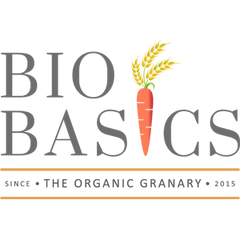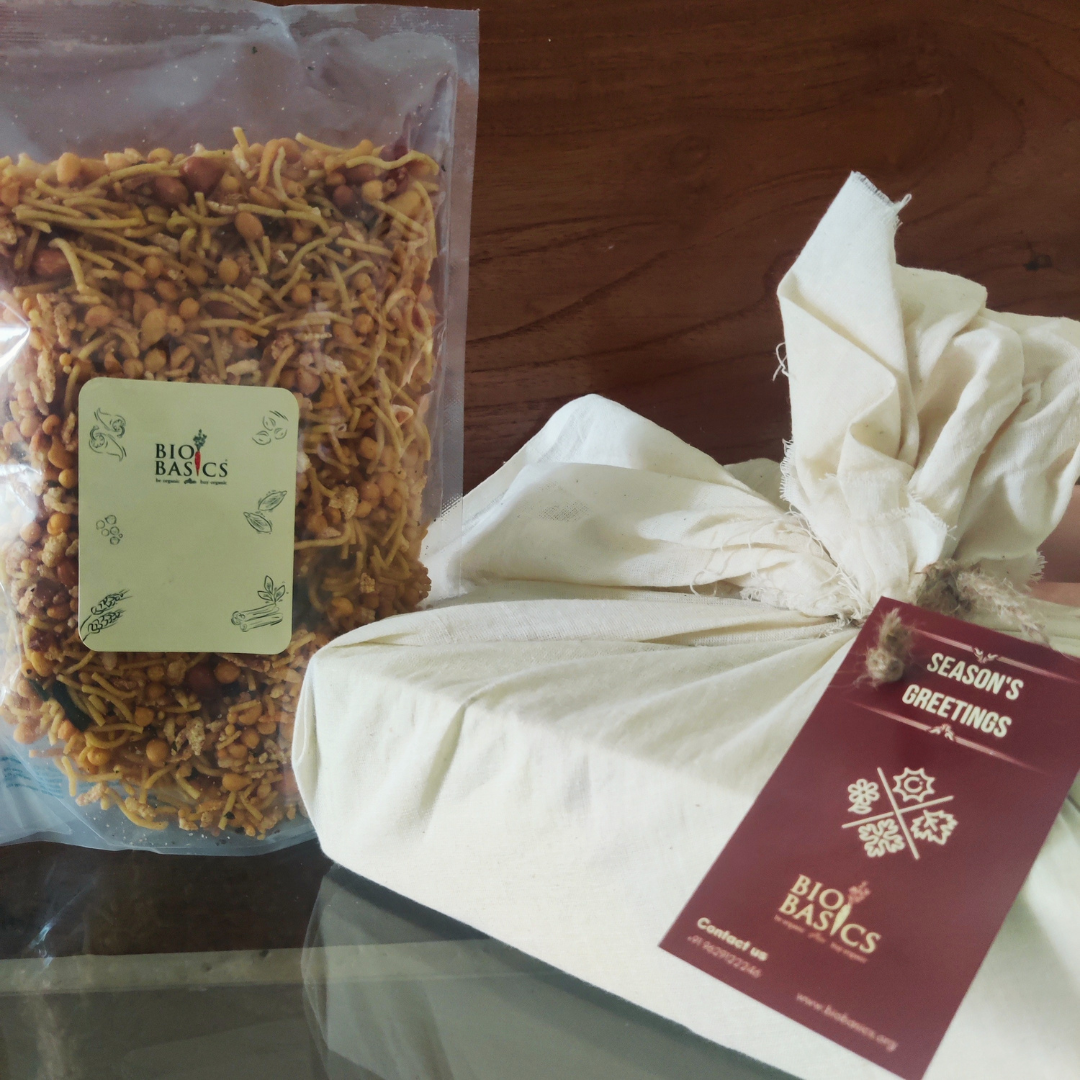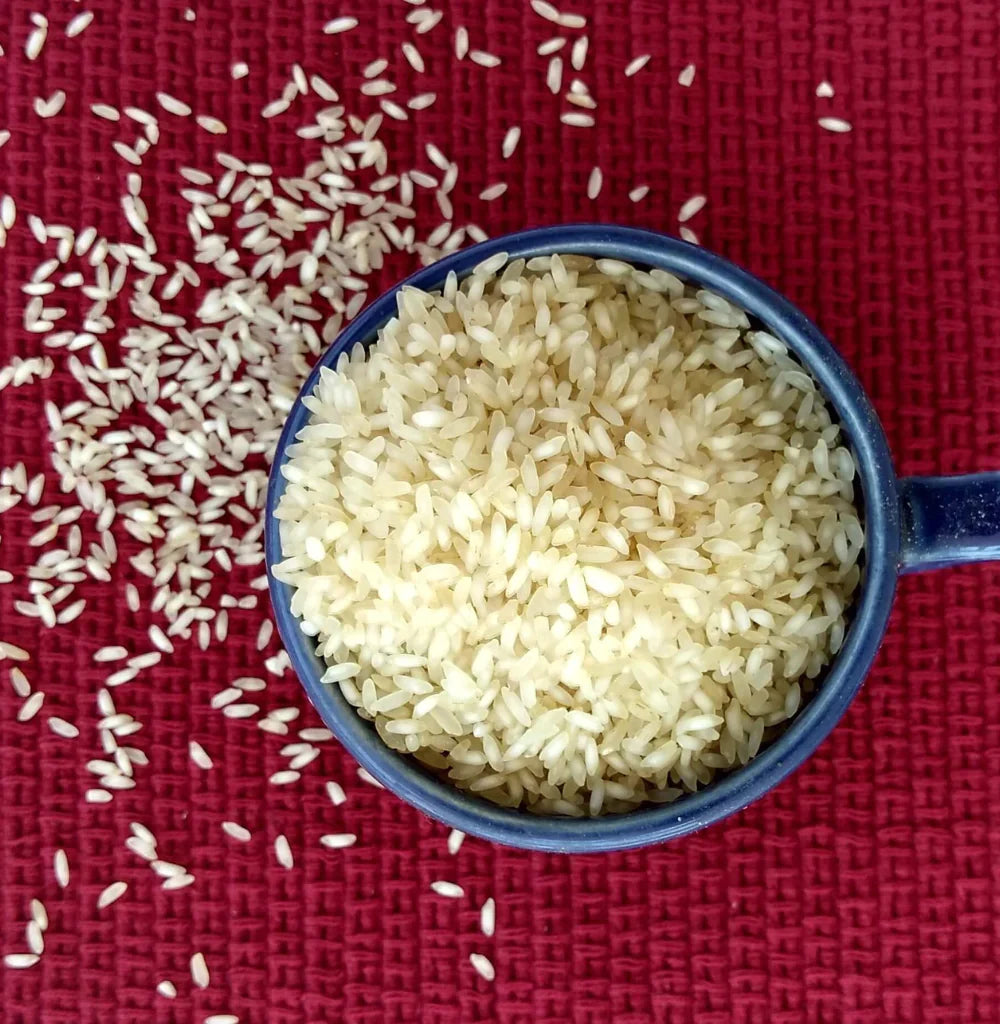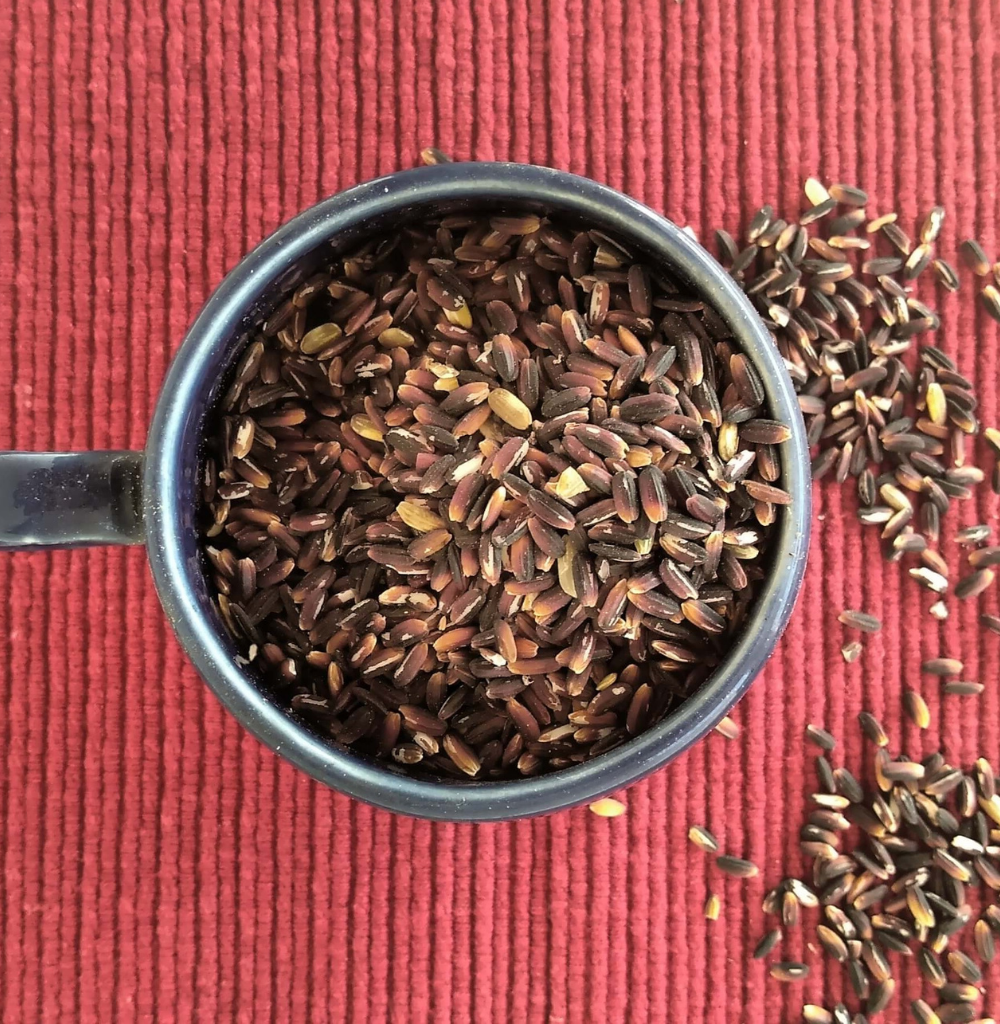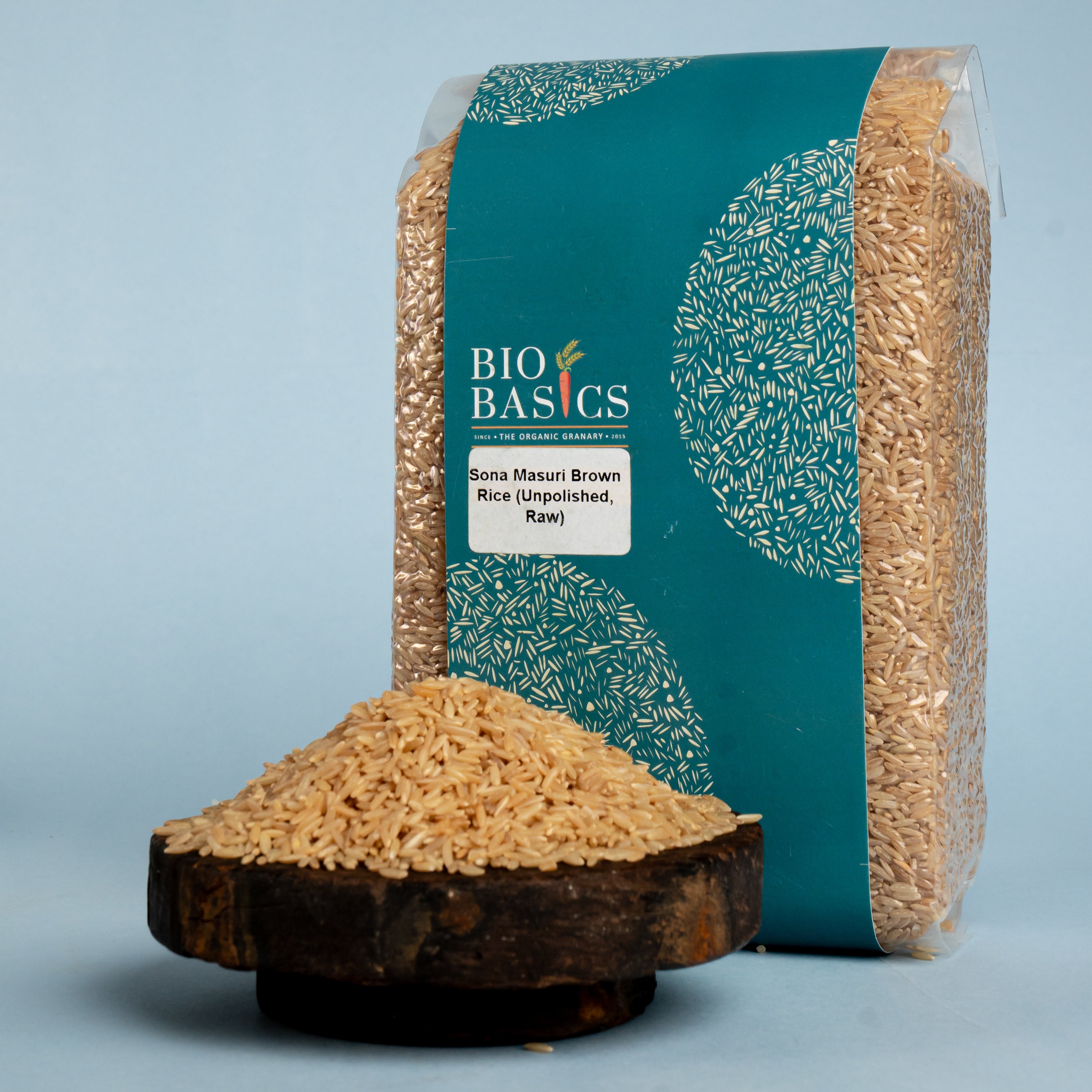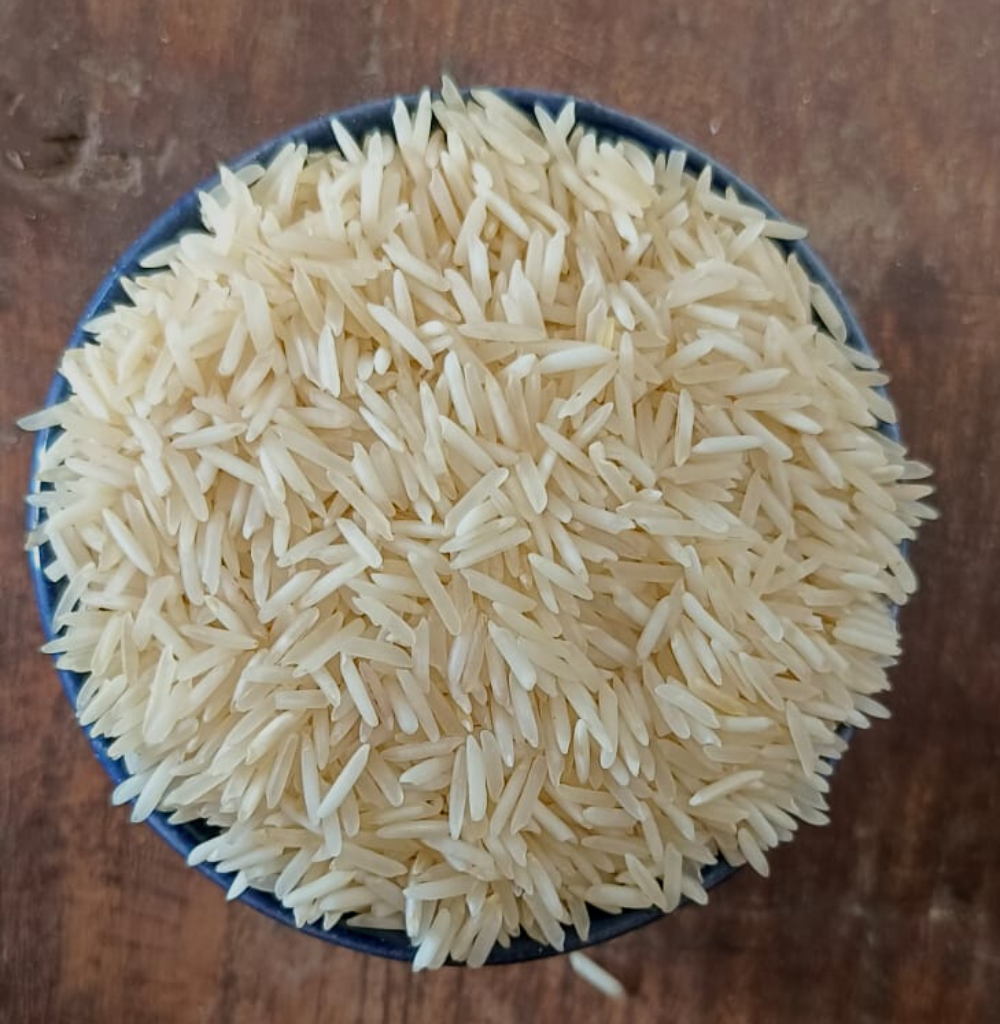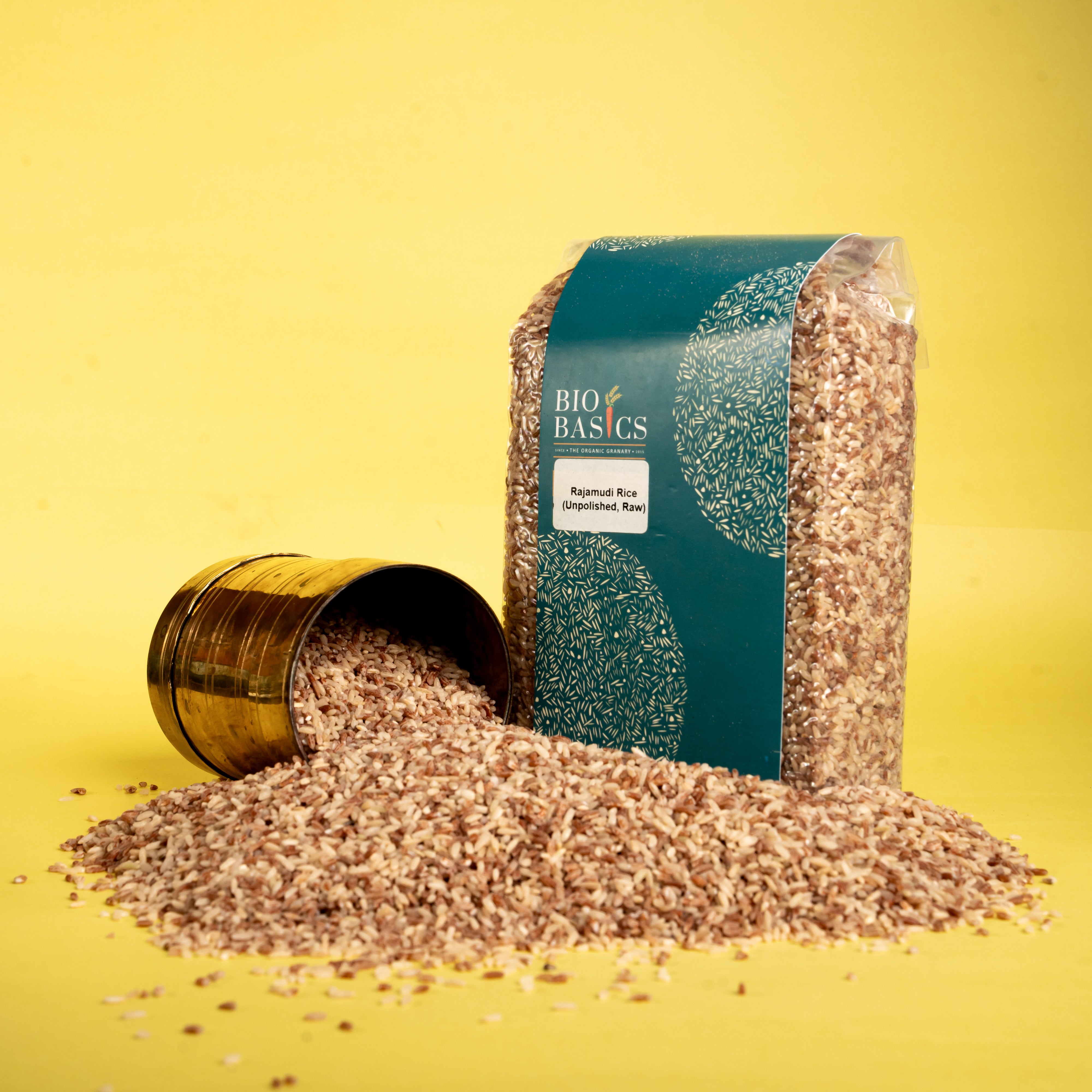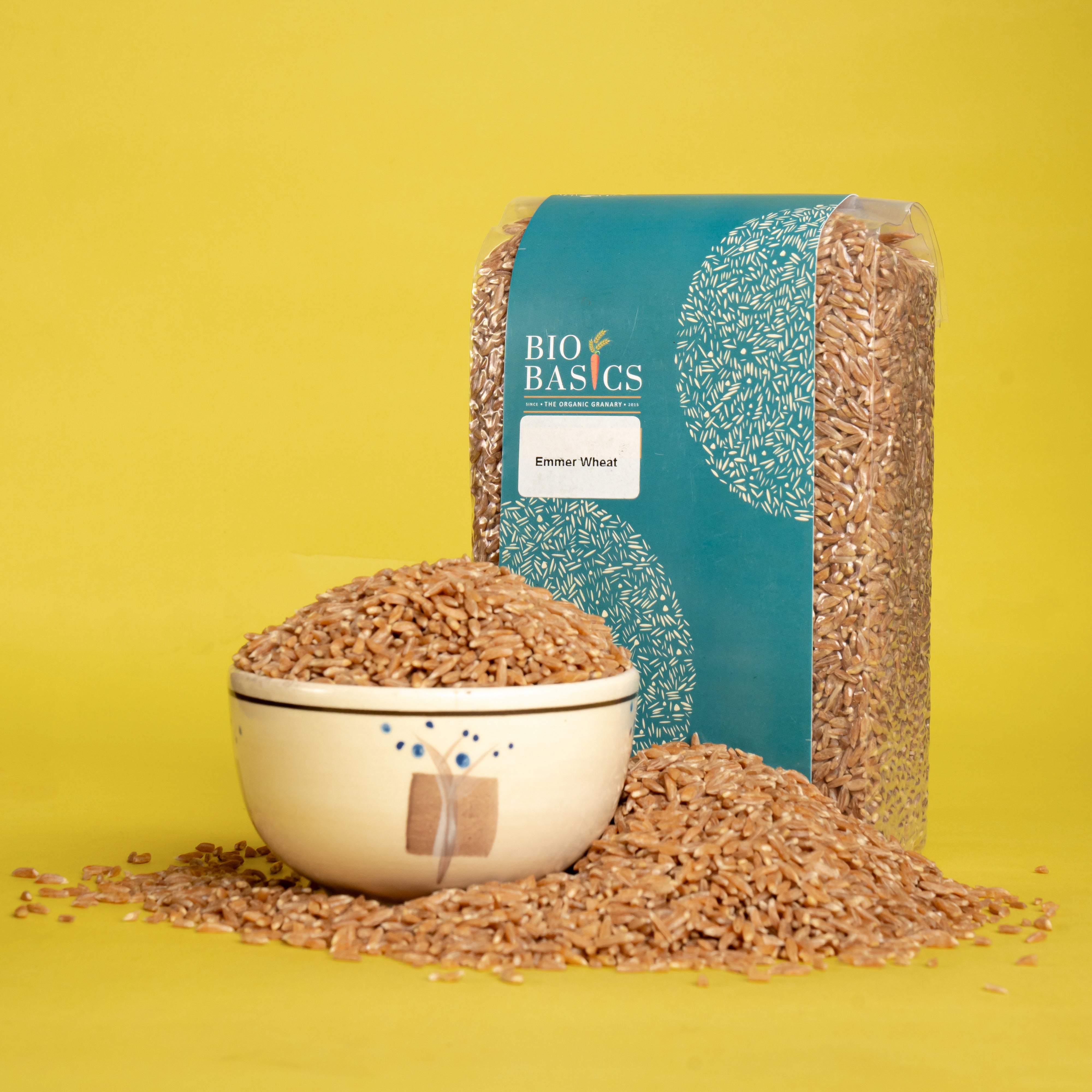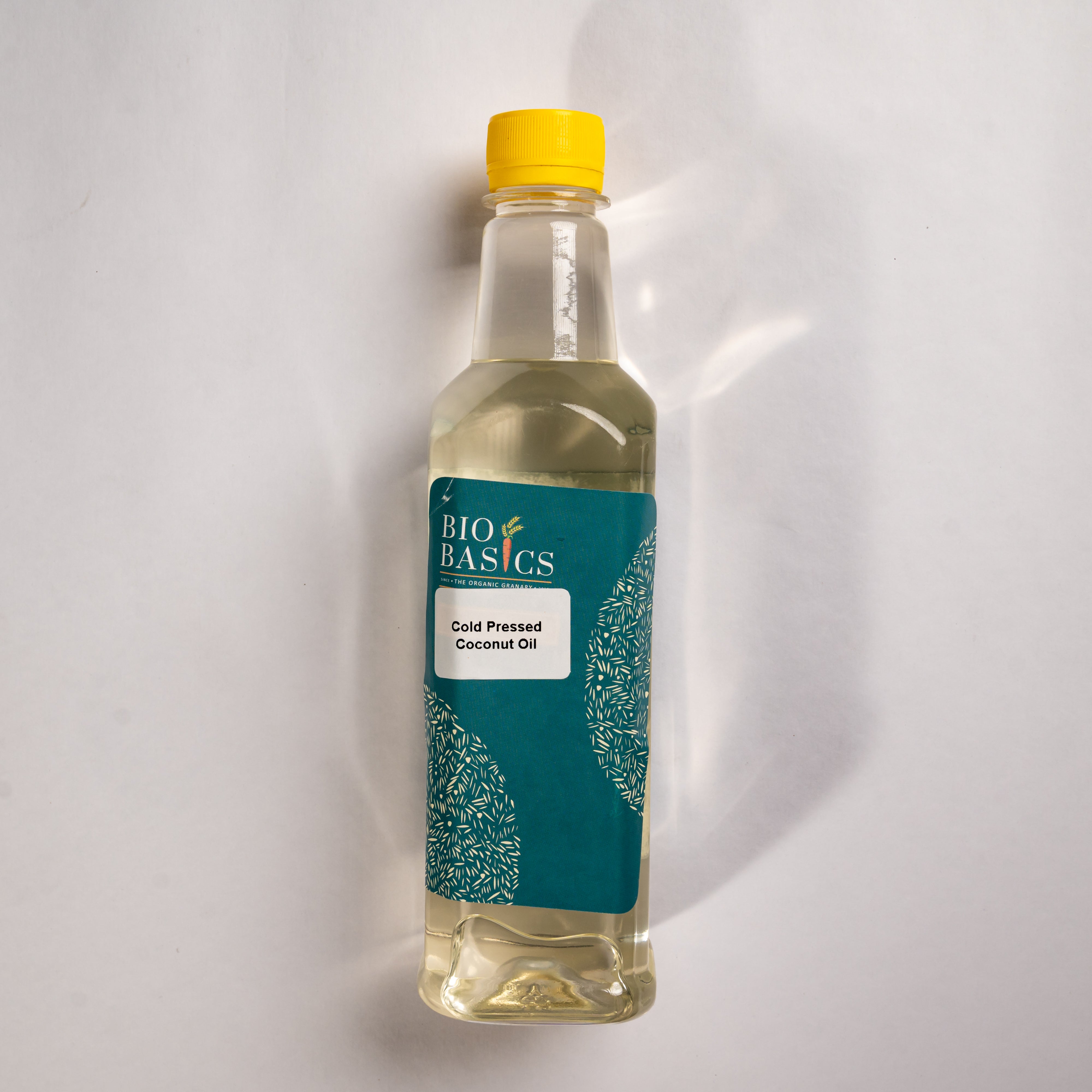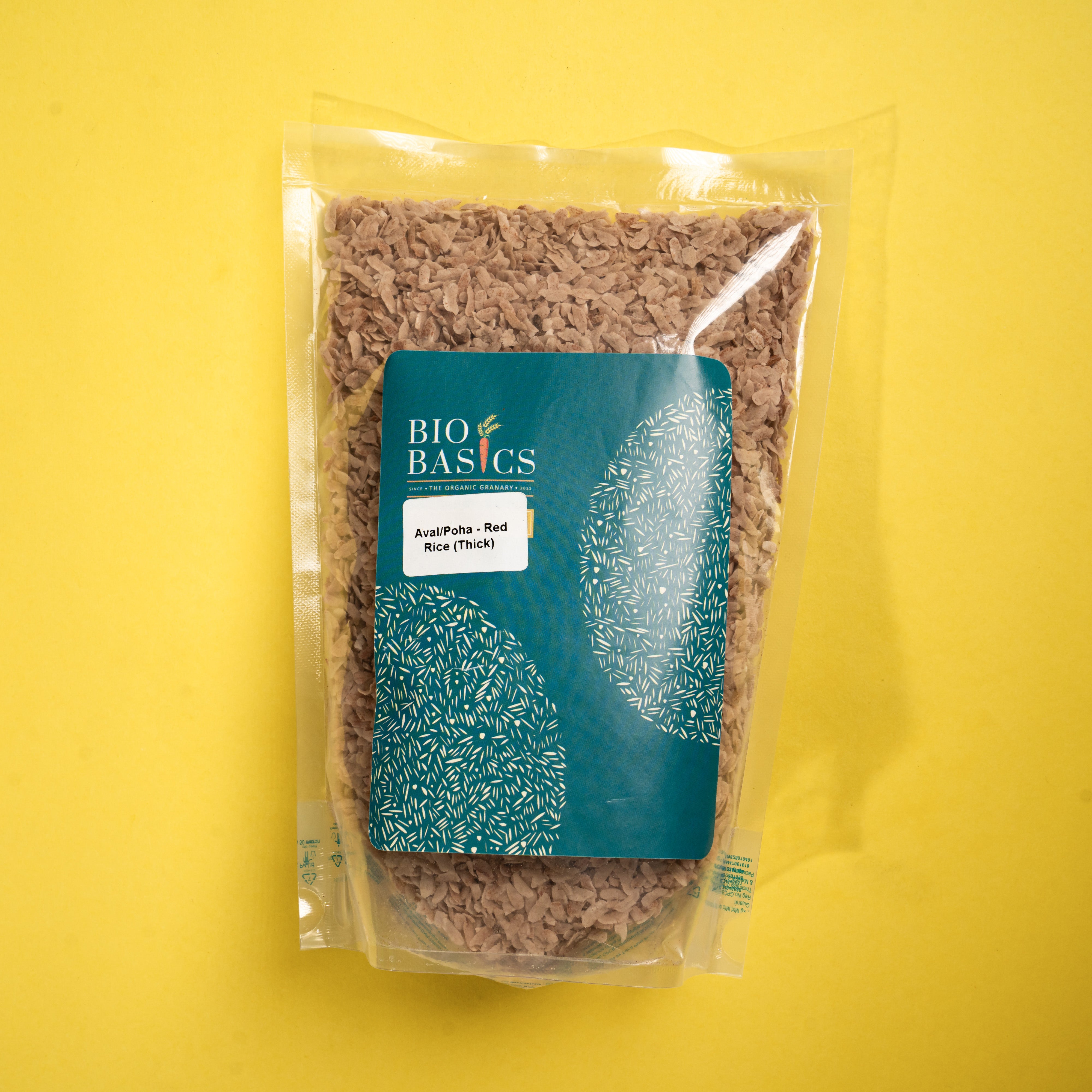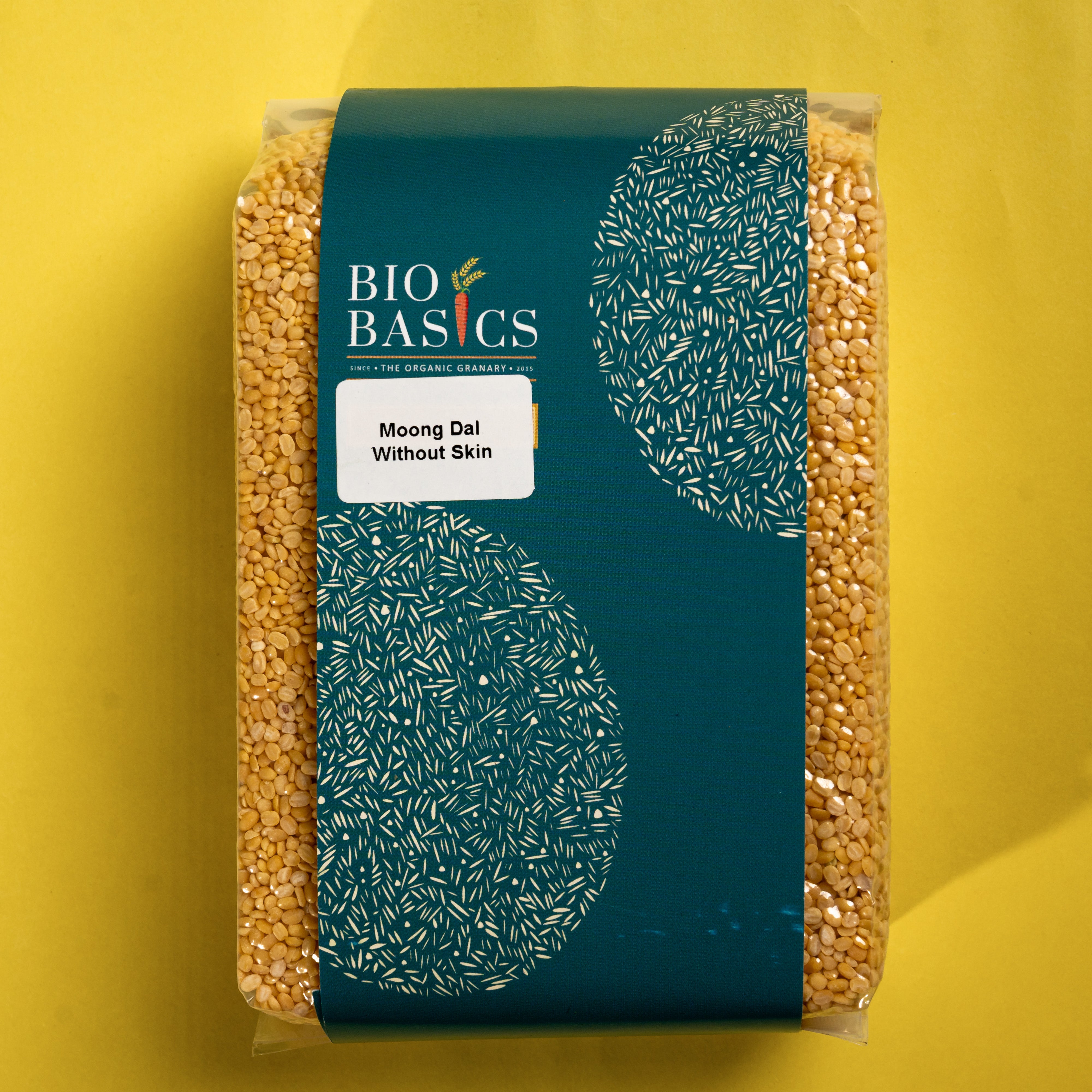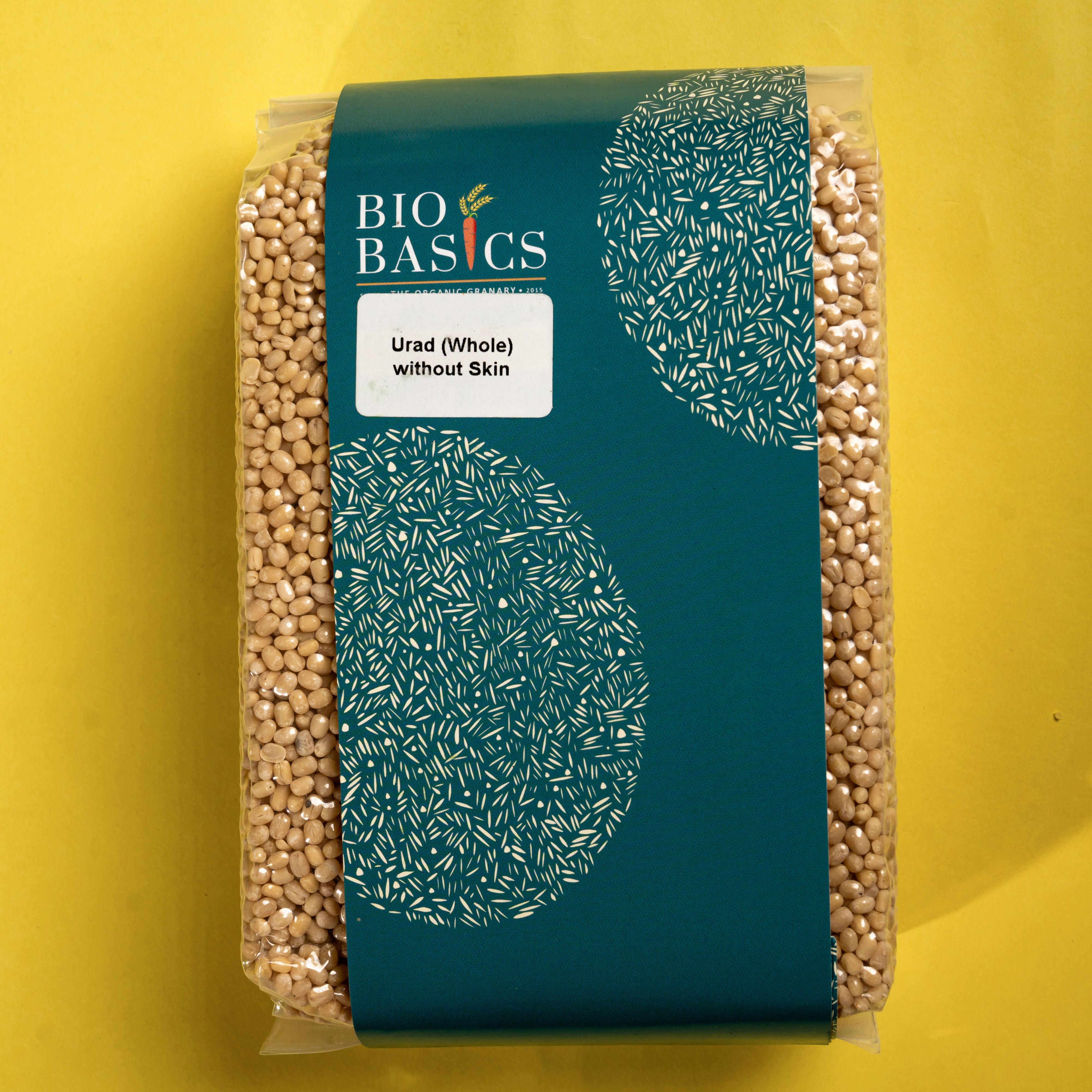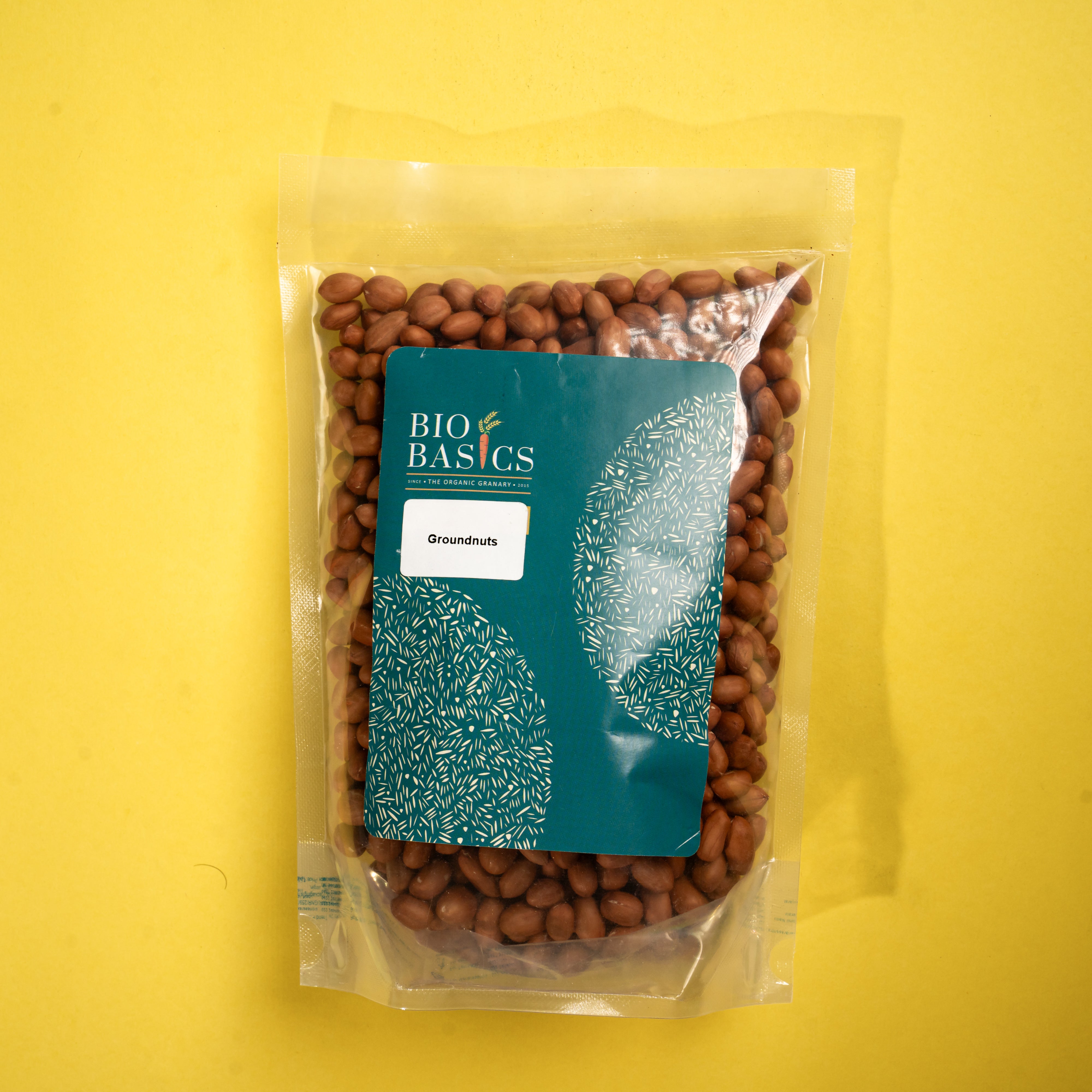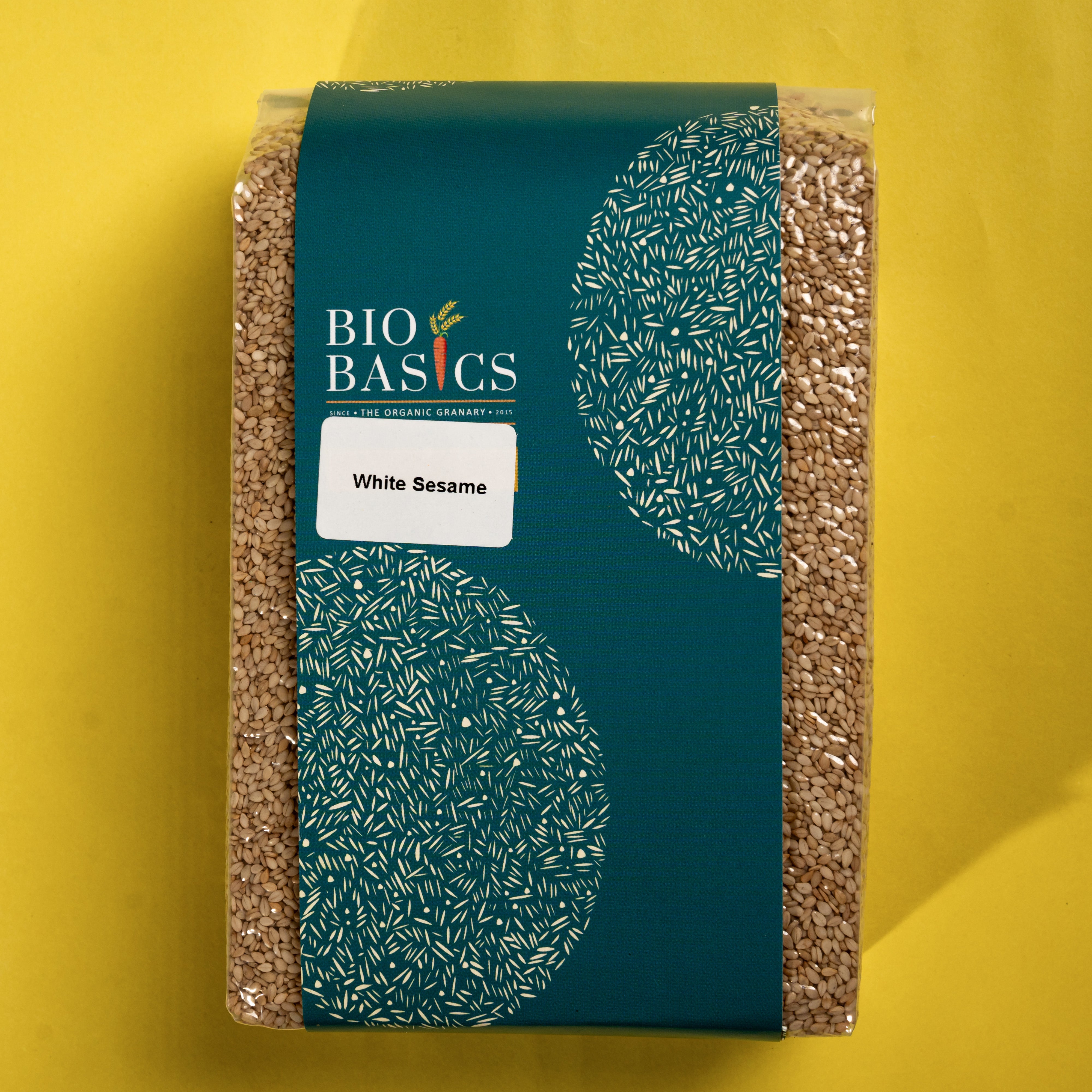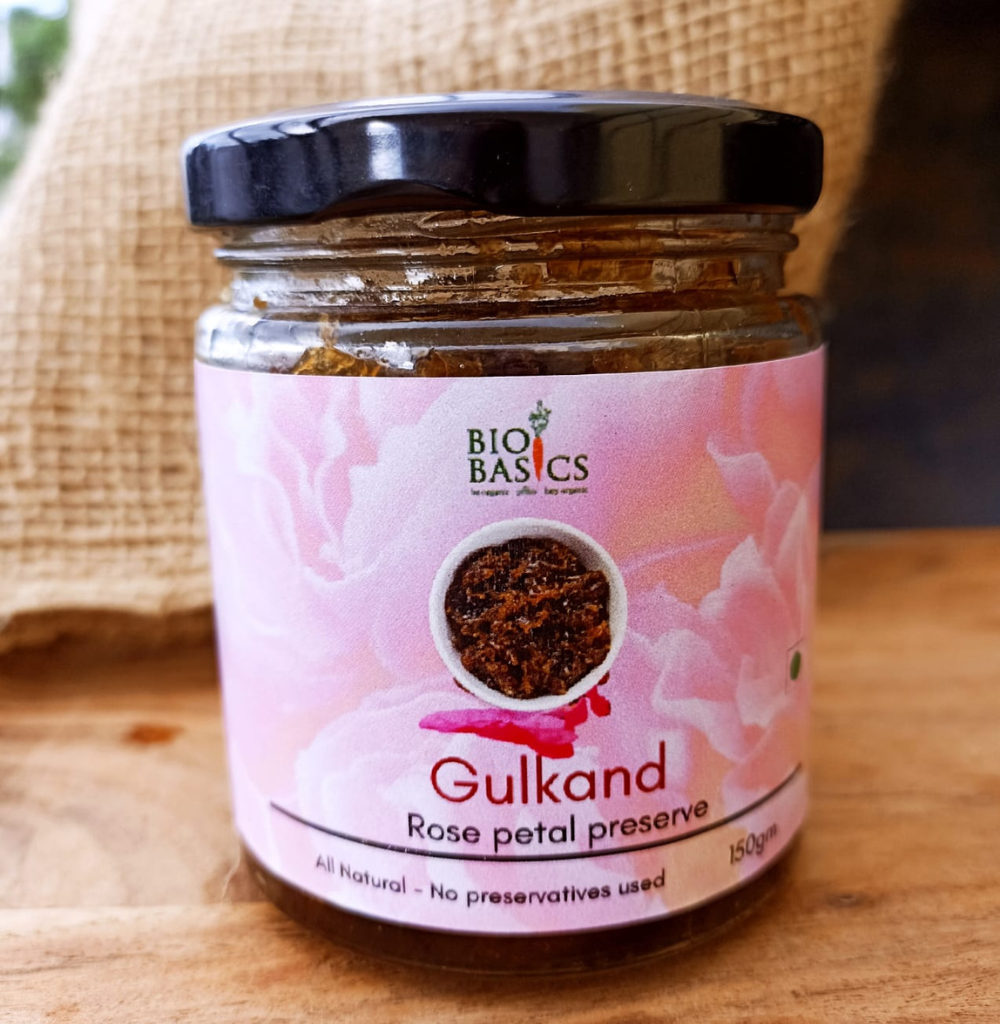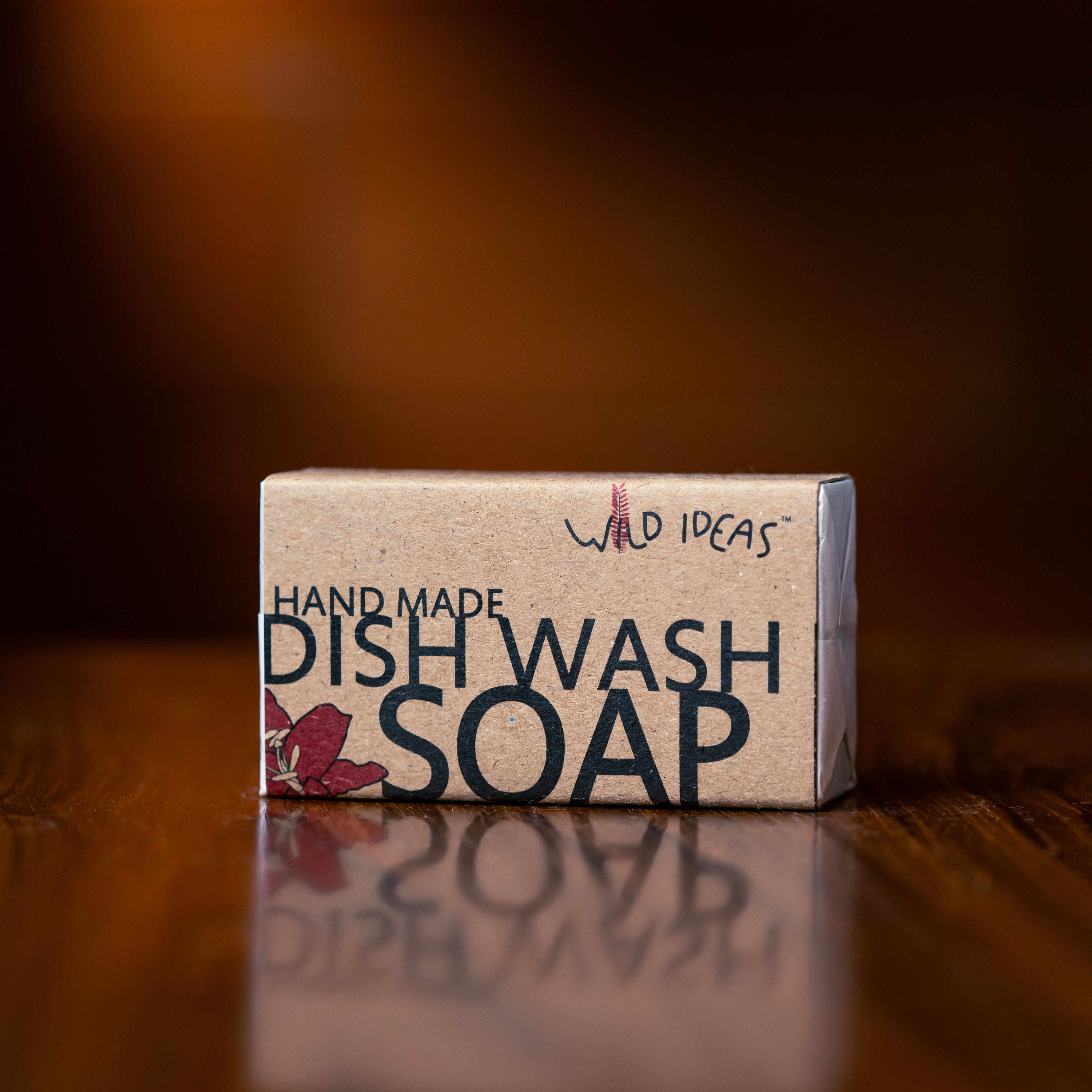
At Bio Basics, we look at this cost aspect of organic food very differently. We believe that consumers should not be looking at organic food as expensive for the following 5 reasons:
Wrong Comparison
Some consumers make the mistake of comparing the price of an organic product, say a tomato or rice, with the price of the conventional non-organic item. Then they see that the premium of the organic food item over the conventional item is about 20% or even 100%. This makes the consumer wary about choosing organic food. We at Bio Basics believe that such item-by-item comparison is not helpful and can lead to wrong conclusions. In fact it is a wrong comparison. What most families would like to see is how much of their monthly bill for grocery or fresh produce is going to increase, if they go entirely organic. We should look at the entire basket of fresh produce, including fruits and vegetables, and groceries, to see what is the cost of going organic on a monthly basis.
At Bio Basics, we did a comparison study, according to which, a 4-member family spends around ₹6000 on fresh produce and groceries. (This excludes dairy, egg, meat products and other packaged products.) Comparatively, if this very family were to go organic across all these items, the family would spend ₹8500. So the premium is ₹2500. It may seem to be high on the face of it. But what we need to realise is that it is only an increase of ₹2500, which divided by 3 meals and 4 members everyday comes to around ₹7.50 per person per meal! Is this too expensive to eat safe, tasty and nutritious food? We at Bio Basics think it is more than worth it.
And it is not just to convince you because we are selling these organic products. Personally we ourselves, when we went completely organic in 2005, felt the pinch in our grocery bill for the first time. This was in the US and after a health setback I faced. For the first two months, the increase was palpable, but from the third month onwards, it went away, because we got used to it! Let us not undermine our ability to adapt quickly to a new reality. And the new reality is organic. That is the future, and the earlier we get used to this new reality, the better!
Compared to what?
Some consumers feel uncomfortable spending even the ₹2500 mentioned above for organic food. But then we should ask ourselves what is this ₹2500 compared to? In today's world, a meal in a fine-dining restaurant for four members will cost ₹2500. A visit to the mall to see a movie and shopping will obviously cost ₹2500. So we need to ask ourselves - is this ₹2500 extra spent every month eating good quality, safe and nutritious food at home costlier than the other expenses that we today indulge in? At Bio Basics, we feel that home-cooked meals with organic ingredients is the best way forward, and one can easily give up one of these many luxuries that a family typically indulges in.
All of us are emerging from the old socialist days, from a controlled economy, where our incomes were limited, and we had to be very careful about spending our money. Today, in a fast-growing India, where disposable incomes are much higher, food is no longer the biggest component of our expenses. We spend more on the fuel for our vehicles or on the rent we pay for our house or apartment, and we spend a lot more on entertainment and outings, including vacations abroad. But we still suffer from this mentality that food should be cheap.
The reality is that the farmer who grows this food is also a consumer, and she has to send her children to the same schools that we consumers send our children to, incur the same expenses that we do. Her aspirations are not very low compared to ours.
Paying for Quality
There was a time when there was no bottled water, where we believed that water should be available to everyone. But as our society grew in complication, we began to understand that not all kinds of water are the same, and that water can carry many diseases, and sometimes it can be fatal as well. Enter bottled water. This was a shocking purchase to do in the 1990s. But today, we find bottled water almost everywhere and sadly so. Sadly, because the amount of plastic that we generate to provide safe drinking water is not sustainable at all. But, as consumers of bottled water, we appreciate not drinking from a tap, from a source which is not known to us, which we are not comfortable with or confident about. We are now comfortable either carrying water from our homes in water bottles, or buying bottled water while on the road. This very same mentality has to come in respect of food. We have to understand that all food is not equal. There are different types of food available in the market. Some could be dangerously contaminated which can lead to fatality, some could be affecting our health adversely over a long period of time, and some which can be tasty, safe, organic and nutritious.
At Bio Basics, we believe we need to have the ability to discern among these various types of food available in the market, and the smartness and sensitivity to choose food good for our own health, for the farmers and for the environment.

High cost of Healthcare
Today, we face a choice - we could either choose organic food, keep our body away from all kinds of toxins and reduce the probability of lifestyle diseases, OR we could save money today by buying the cheapest food in the market and pay later to doctors, scans, blood reports, chemotherapy, radiations and surgeries. This choice is ours.
At Bio Basics, we wish all consumers the very best of health, but we also should take the responsibility to recognise that eating cheap food will eventually catch up with us and lead to diseases we could easily avoid. So at Bio Basics, we ask ourselves - should I pay more for food today and lead a healthy natural life, OR should I save the money on food today and incur huge expenditure, mental trauma and desperation when we are visited by a disease we cannot reverse. We believe organic food is a solution for many of the health issues we face.
Hello Citizen, Goodbye Consumer!
Most of us tend to shop in markets online and in Super Stores as a consumer. As a consumer, we look at a few criteria - the price, the brand, celebrity endorsements, the packaging, the branding etc., and we all know very well that all these criteria can be fulfilled satisfactorily without assuring that the product is of good quality and safe for us to eat over the long term. Instead when we walk into the SuperStores or shop online, let us constantly remind ourselves, that we are citizens of a country first, and consumers of an economy second. As citizens of a country, it is our responsibility to help all kinds of professions and businesses, including farming, survive, that we purchase not just based on the narrow criteria of price and packaging, but based on who is producing the food, how they are producing the food, and what impact does our purchase of food have on farmers. Being a citizen requires sensitivity, it demands deeper thinking. Being a mere consumer is like being a robot with no feelings and no deeper consciousness.
Today, thankfully, many of us shop for fabric or clothes, or any other products and see if the product meets sustainability criteria, such as being fair to the farmer or producer, being eco friendly instead of damaging the environment, paying a good price to the farmer or producer.
Today, world over, consumers are awakening to step out of their narrow consumerist roles to embrace their rightful roles as citizens of a population sensitive to sustainability - social, economic and environmental. All of us will need to shop as citizens, and not only as consumers. And when we think like that, you will see that organic food is but the natural choice, regardless of the higher cost one has to incur to eat safe, natural, tasty, & nutritious food.
